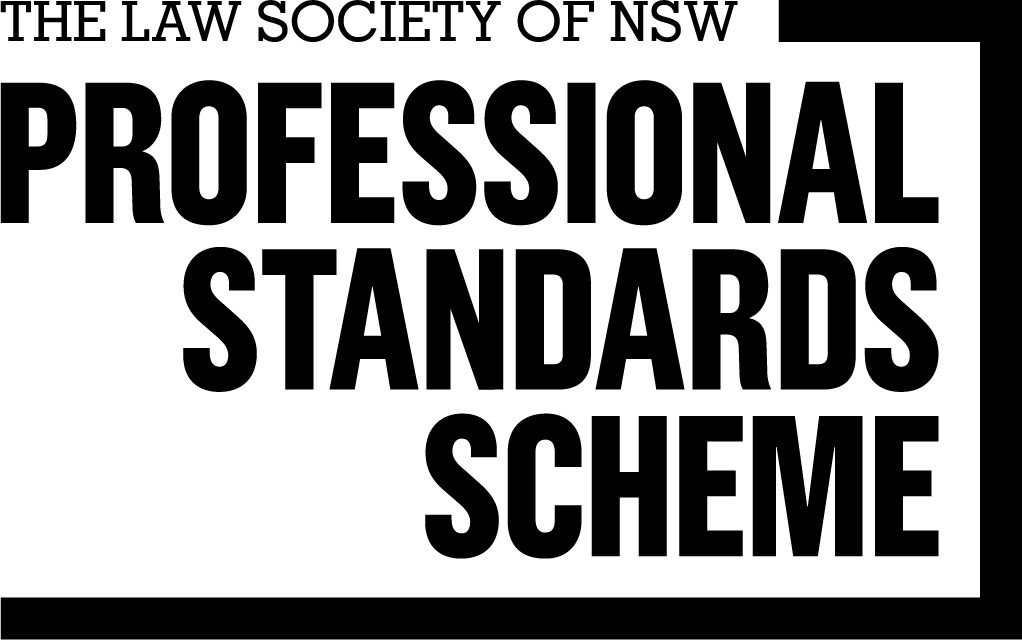Another day, another retail legislation review.
This time the crow-eaters are having a turn. The Moss Review of the Retail and Commercial Leases Act was published in April 2016.
The industry is still in the twilight zone where the banana benders live, between enactment and proclamation of the Retail Shop Leases (Amendment Act) 2016.
I am not sure who thought it was a good idea to have an indeterminate interregnum between “set” and “go”, but Ian Thorpe will tell you that you can fall off the blocks when the starter holds you too long. The Qld government has waited from 25 May until September, to announce when the amended Act will start.
Industry participants have been considering for months whether or not leases, arising under agreements to lease, will be caught. But retail leasing legislation has been muddying the water for so long, we barely notice when another rock is dumped on the road.
It always amazes me how this legislation (whose champions proclaim its “beneficial purpose”) consistently manages to poop in its own nest.
Returning to South Australia, the Moss Review is yet another disappointment.
As is customary with these reviews, submissions were invited, and the usual suspects responded. In the case of South Australia, it is interesting to think about who didn’t respond.
In 2015 Nick Xenophon coerced the Senate into conducting another pointless inquiry into the retail legislation. Apparently he is passionate about correcting the “imbalance’” between landlord and tenant.
According to the press release on Senator Xenophon’s website, “it is time to harmonise laws across the country to standardise the best arrangements from each state.”
I couldn’t agree more.
In a state based system, the best way to harmonise is to make the legislation in one state the same as the legislation in another.
The Moss Review provided a perfect forum for Senator Xenophon to do something about harmonising South Australia with other states.
Which makes it kind of surprising that Senator Xenophon didn’t even turn up. Not a word.
Which makes you wonder whether the Senator is really passionate about the issue or just grandstanding. As I have said in a previous article, his dissenting Senate report is all tip, no iceberg.
The same could be said of the Moss Review.
If you were serious about your review, you would start by looking at context. You would see that the retail industry has been transformed over the last 10 years, with the trend to food and lifestyle. You would see that the Australian retail landscape continues to be dominated by national landlords and, increasingly by national and international retailers.
You would see a fragmentary state-based legislative system that is, frankly, a disgrace. The legislation is playing test cricket (badly), while the industry is playing 20-20.
None of this context informed the Report. Consistent with other similar, meaningless, reports the focus is on the trivial detail.
Writing a report on retail legislation uninformed by that context is about as useful as a review of the user guide for the Betamax video machine.
The report starts with the usual hand-wringing about coverage. Should retail businesses be excluded based on rent or area? We then agonise about the tenants who can take care of themselves. Are they differentiated by the size of the shop or the amount of rent?
It is amazing how this conversation misses the entire point. The tenants who can take care of themselves are differentiated because they can take care of themselves.
The Moss Report identifies that “the purpose of the Act is to protect small business and seek to redress the imbalance in bargaining power that often exists between lessor and lessee.”
So why does the legislation have the potentiality (depending on your state) to cover retailers like Apple, Coles, Woolworths, Country Road, Just Jeans, McDonalds, Angus & Coote, Bakers Delight, Best & Less, Blooms, Luxottica, Boost, Bose, the banks, Cotton On and the hundreds of muscled-up retailers who populate our centres?
These guys are ferocious in protecting their interests, as they should be. But do they need the protection of legislation?
The Australian Consumer Law has just been amended to protect small businesses from “unfair contracts”. The Moss Review mentions the amendment but fails to consider it in terms of coverage.
The ACL defines a small business, in the leasing context, to mean a business employing less than 20 people, and with a lease at an annual rent of not more than $300,000.
Hullo.
If the purpose of the retail legislation is to protect small business, why not confine coverage to small business (which could be defined along the lines of the Australian Consumer Law?). In the real world, it doesn’t really matter if coverage is based on area or rent. Both are completely irrelevant to the objective of protecting small business. If you wanted to protect ballerinas, would you draft legislation to regulate anybody who could fit into a leotard?
This would filter out the thousands of transactions between competent, sentient and robust industry participants who have no need of, or use for, the retail lease legal quagmire.
By knocking out thousands of unnecessary transactions, the industry would save a fortune. It could stop worrying about deemed 5 year terms for hundreds of leases, and it would not have to fidget for 7 days between disclosure statement and entry into the lease. It wouldn’t even need to worry about the disclosure statement stupidity for those tenants who were not “small businesses”, and who could read a HOA.
In a word, you could make the industry more efficient, yet still protect truly small businesses.
Why would you want to do that?
Until we elect a state government with the political will to conduct a proper analysis of the legislation, we will continue to fuss about with meaningless reviews that merely snip around the edges.
Download PDF here – SA retail lease legislation review






